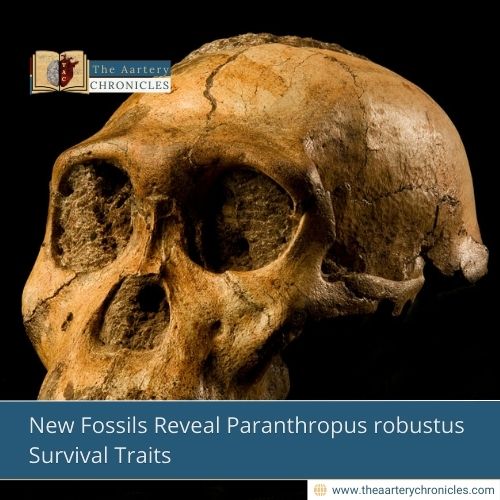

The Science-Backed Way to Love Exercise-Based on Your Personality
Summary: A new UCL study reveals that your personality may be the secret to enjoying and sticking with exercise. Whether you’re an extrovert drawn to high-intensity workouts or a worrier who prefers short bursts, aligning your fitness routine with your personality can boost both fitness results and stress relief. This insight could revolutionise how we approach physical activity for long-term success.
What if the key to fitness success was in your personality?
Having trouble keeping up on your workouts? Don’t fret, you’re not alone. In a revolutionary study by University College London (UCL), the answer may lie deeper than motivation: your personality. This scientific research reveals how relating exercise to your personality type can make it more enjoyable, longer-lasting, and even reduce stress, most of all, in individuals with high neuroticism.
Now, let’s dive into how learning about your personality type can completely change your fitness strategy.
The Connection Between Personality and Physical Activity Enjoyment
The research, published in Frontiers in Psychology, looked at the role played by personality factors on the type of exercise individuals enjoy, whether they finish the program, and how it impacts their fitness and stress levels.
The Big 5 Personality Model
Participants were measured through the use of the Big 5 personality model, such as:
- Extroversion – sociability and high energy
- Agreeableness – cooperation and compassion
- Conscientiousness – self-discipline and willpower
- Neuroticism – anxiety and emotional instability
- Openness – curiosity and creativity
Each of these traits provided data on exercise behaviour and liking.
Study Design: Fitness Meets Psychology
132 volunteers with different fitness levels and histories participated in the study. They were divided into two groups:
- An intervention group that followed an 8-week exercise program
- A control group, who maintained their usual habits
The 8-Week Program Comprised Of
- 3 cycling sessions weekly:
- 60 minutes light ride
- 30 minutes moderate threshold ride
- High Intensity Interval Training (HIIT)
- 1 bodyweight strength session weekly
- Fitness tests: VO₂ max, plank-to-failure, push-ups, and countermovement jumps
- Personality and stress tests at the beginning and end
Exercise Enjoyment Based on Personality
Extroverts
Did well with high-intensity exercises such as HIIT and sprint cycling. Their energetic, social nature enjoyed workout activities with high energy.
Neurotic People
Contrary to expectations, this group persisted with the program and gained the most emotionally. They enjoyed short intervals of activity and resented being heavily monitored, e.g., tracking heart rate. Providing them with autonomy and discretion in workouts enhanced their participation.
Conscientious Individuals
Demonstrated consistent fitness improvement in both strength and aerobic areas. Whether they preferred one over the other or not, they were conscientious, most likely because of the health-based rewards more than enjoyment.
Exercise and Stress: Who Benefited Most?
Surprisingly, the neurotic high scorers alone showed diminished levels of stress after the program.
“There may be particular benefits in stress reduction for those with this trait,” said Prof. Paul Burgess from UCL’s Institute of Cognitive Neuroscience.
This would imply that personality-fitness program matching is also an evidence-based targeted mental health intervention.
Take Away: Your Personality Can Power Your Fitness Journey
Lead researcher Dr. Flaminia Ronca summed it up best:
“If we tailor exercise to suit someone’s personality, they’re more likely to enjoy it—and stick with it.”
So, if you are attempting to bring fitness into a lasting role in your life, begin by asking not just what to train, but who you are.
Conclusion
This UCL study offers an empowering message: Pleasure is the key to compliance with exercise, and what works best for us can be discovered through personality. Whether you’re a goal-oriented conscientious sort, a high-energy extrovert, or an apprehensive neurotic seeking emotional release, there’s some exercise approach that is all about your tastes.
Find what you love and let your personality lead the way to a healthier, happier you.

Dane
I am an MBBS graduate and a dedicated medical writer with a strong passion for deep research and psychology. I enjoy breaking down complex medical topics into engaging, easy-to-understand content, aiming to educate and inspire readers by exploring the fascinating connection between health, science, and the human mind.








